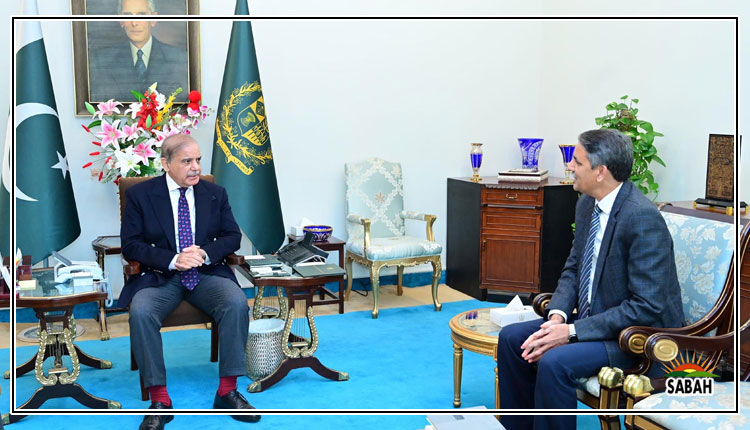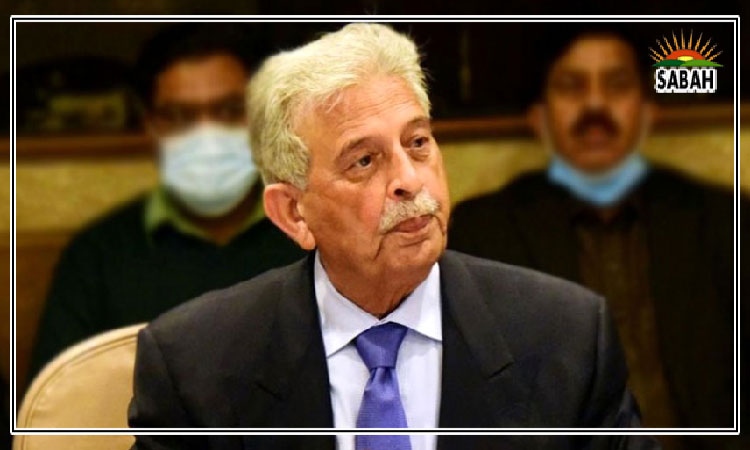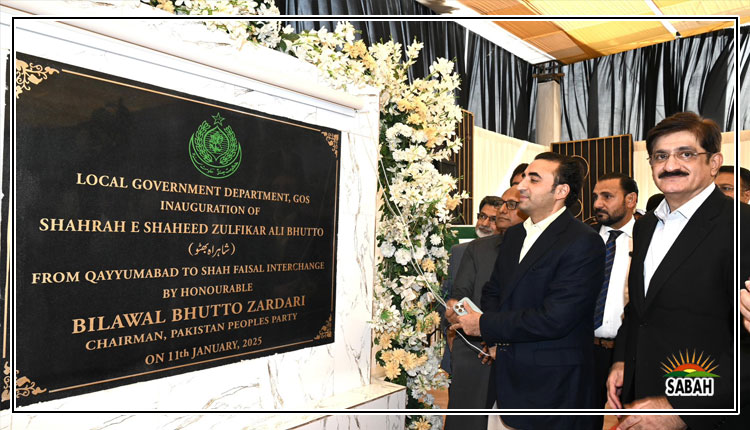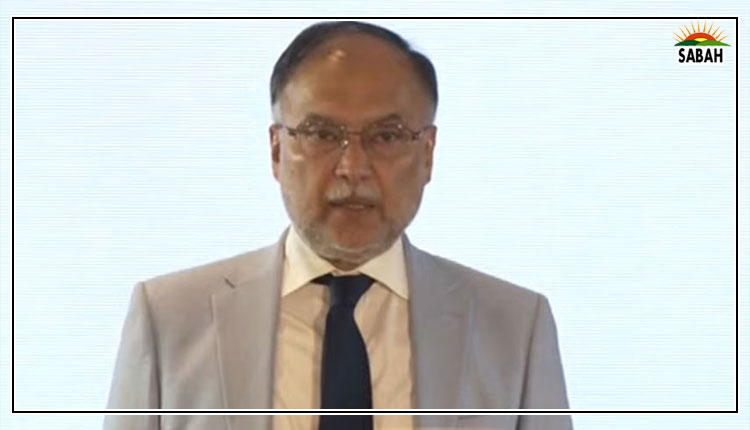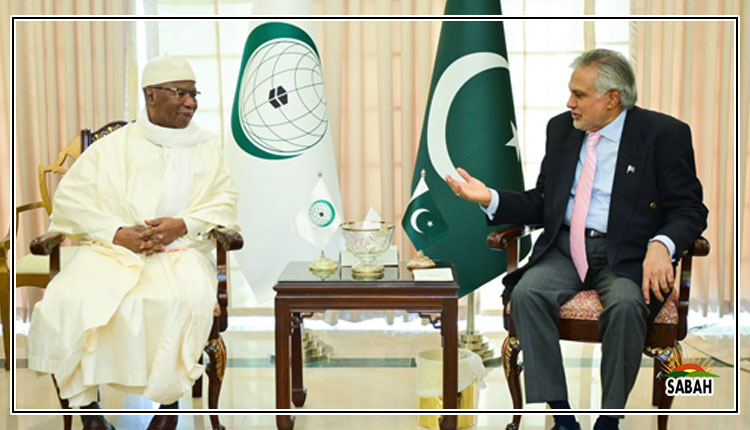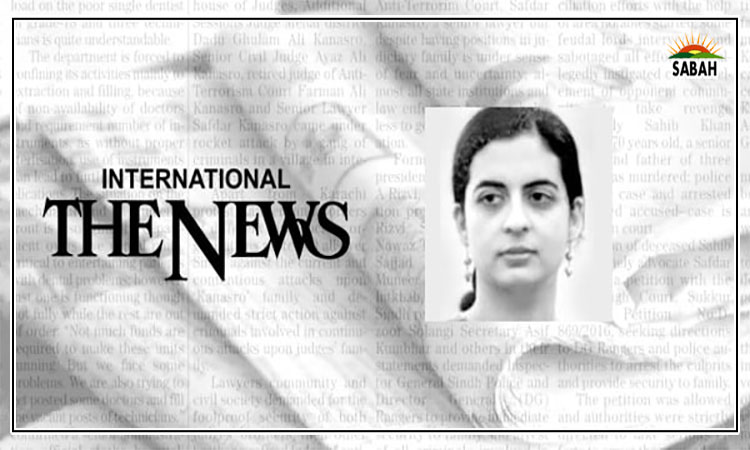The inequality equation…Kamila Hyat
Inequality has always existed in Pakistan for at least one-third of the population which lives below the poverty line. There is no evidence of a drastic change over the decades since the country came into existence. But there is speculation from top economists in the country that after 2018, things have taken a turn for the worse and inequality has grown with the poor falling lower down the ladder as they struggle with inflation, unemployment, and many other perils that come along with these.
In a country where 50 per cent of the children are already stunted, we cannot afford more inequality and a further lowering of the quality of life for the poorest half of society. But this is what we are seeing. We know of families that have had to remove children from school or move them to less privileged ones in order to make their household budget cover the cost of the family. We also know of children sent out to work instead of attending school.
We see poverty all around us. From the sight of someone eating a roti with mere water in his plate to dip it in, to the other sights we have grown so familiar with, no one seems to care.
In this file photo, men distribute food to people during a government-imposed anti-coronavirus lockdown in Karachi. AFP
In this file photo, men distribute food to people during a government-imposed anti-coronavirus lockdown in Karachi. AFP
The golf courses which line many of our major cities spread out over acres at times, consume more water than the entire katchi abadis (informal settlements) and communities around them. It is the attitude to these katchi abadis which is more shocking. As they drive past these communities, people running the golf clubs and those who use the clubs, suggest quickly that in order to beautify Lahore, Islamabad, Karachi, or some other city, the abadi simply be moved away, so they can drive in peace to their clubs rather than suggesting any effort to improve sanitation and housing and thereby help the people living there.
We see the same attitudes reflected in the way people treat domestic employees. We know of the deaths of maids, in some cases for no crime other than eating a morsel of food, after being kept on a starvation diet for days. In many houses, around big cities, we can see that housing for lower-income employees consists merely of a tin shack, sometimes without even toilet facilities or a fan. It is difficult to see how anyone can expect a human to live in these conditions, notably in the harsh summer months which hit the country or in the winter of the countrys north.
Closing the equality gap is important to harmony and a greater sense of belonging in the country. Analysts who have looked at the matter believe that rising street crime and other such crime is linked to growing poverty, unemployment and bringing in earned incomes. Even when these incomes are available, the salaries given out to clerks, gardners, postmen, drivers, and others are simply not enough to meet even their basic needs.
So what is to be done? There is a desperate need for a fairer system of taxation and taxation on land as well as some method to ensure that the rich pay out the taxes that they owe the country rather than drawing this tax only from salaried workers where it is cut at source. More revenue needs to be well utilized. This would mean a policy stretching out over at least 15 years which looks at how uplift can take place and with this how the attitudes of what we call the elite can change. Changing attitudes is important so that all citizens of the country get the dignity that is granted to them under the constitution of Pakistan but is rarely available in regular day to day life.
There are other measures too that need to be taken. One of them is improving the condition of our public schools so that all citizens everywhere can receive good education at affordable costs. The decline in standards of public schools is a huge setback in our efforts to grow and develop as a nation. Bangladesh has achieved much of its improvements in the economy and development by ensuring schooling, particularly for girls. To do so, it has roped in clerics and other people of influence so that the right message can go out to people. We need to emulate these examples.
The same applies to healthcare and its availability to people everywhere in the country. At present, it is not available. It must be made available, gained by upgrading public hospitals and clinics and by ensuring that there is some insurance scheme in place at more workplaces so that workers at all levels are covered. Again, the attitude of doctors and nurses needs to be changed too. No matter who seeks medical help, they must be treated in the same way and with the same degree of respect. This does not happen right now. A poorer person going in to seek care is often treated with an attitude of contempt even by medical staff who should understand how important it is to take care of everyone in the country and of the oath they have taken to do this as they became practicing doctors.
The journey for Pakistan will be a long and hard one. We must recognize that some of our top housing colonies are built atop the remains of katchi abadis and villages which have simply been decimated in order to accommodate these plush societies. The people who have been displaced and pushed out of their homes have been ignored decade after decade. It is time to acknowledge that they exist and need help to build better lives and create a future for themselves and their children.
In many ways, these are mere dreams. To make them come true, political parties will need to put together agendas and place them before the people. At the moment, the policies put out by parties barely look into these matters. Yet they are of enormous significance to the country and its people. The majority of its people do not have the basic means of life. Yet in other homes, mineral water is consumed at the table and gallons of potable water is used to wash cars or water lawns. This too has to change. There must be willingness to share better and share more equitably.
Of course, the final choice lies in the hands of our rulers and those elected to power by the people. It is they who must remember that people brought them to power and people need to be served. At the current time, they are simply ignored by those who run the country and the small band of elite individuals who live lives of luxury, in a time when this should not be happening. People need all the help they can get, not in the form of charity, but in the form of policies that can help them develop, become literate and change their own lives as well as those of their children.
This should be the goal of our policy planners and the plan should be spread out over a decade or more so that constant changes in strategy and policies do not hamper growth and make it more difficult for people to be given the help that they deserve and strategies to make them equal citizens in a country where equality exists only on paper.
Courtesy The News



